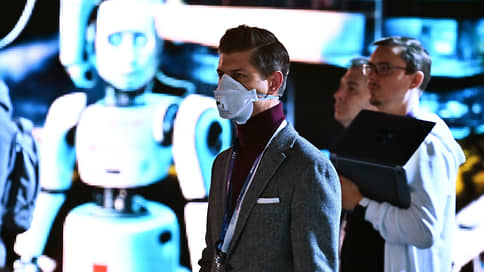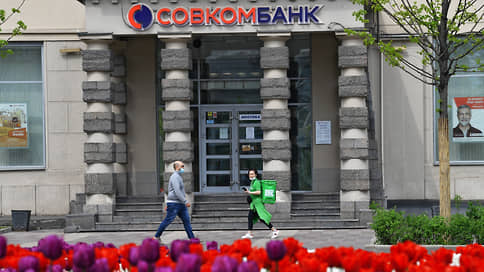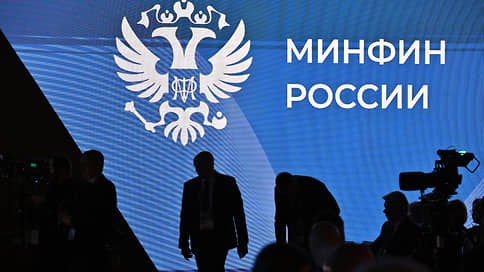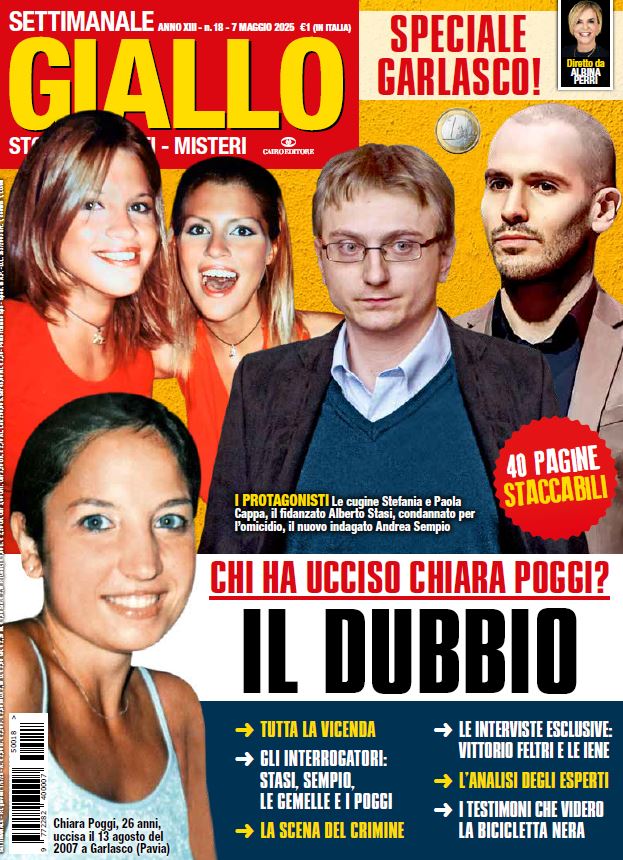In the Russian Federation there are more than 80 options for the use of generative AI in medicine

In the Russian Federation, there are more than 80 options for using generative artificial intelligence (AI) in medicine – and the volume of the market of this technology can grow several times by 2030, analysts of the Jacob and Partners company found in a joint -to -beamal intellect in healthcare group on the basis of deep interviews with doctors of more than 800 startups in the field of healthcare in the field of healthcare in the field of healthcare in the field of healthcare in the field of healthcare in the field of healthcare world.
As noted in the report, according to the results of 2024, the volume of the global AI market in medicine amounted to $ 22 billion. By 2030, it will increase more than once, to $ 130–160 billion, which will make the “medical” AI of a significant component of the entire market of this technology (about 8%). As analysts note, such dynamics will provide changes in the digital industry – the growth of computing power, expanding access to cloud technologies, as well as optimizing resources consumption for teaching large language models, on the one hand, and the growing deficiency of health specialists, which the World Health Organization warns, on the other hand, he clearly showed himself in The pandemic of Covid-19, the lack of doctors in the United States was then estimated at 60 thousand people.
The volume of the medical and market in Russia, as follows from the report, is now about 12 billion rubles. It is expected that by 2030 it will grow to 78 billion rubles. With an average annual growth rate of 34–39% (comparable to the global trend) and it will have about 1% of the world market. Four main groups of products that can be distinguished on it are digital assistants, preparation of clinical reports, doctor assistants and expert control. With the active development of the industry by 2030, they will have a large part of the market (65 billion rubles). Personnel problems of Russian healthcare will stimulate the development of II solutions in the Russian Federation (according to the Ministry of Health, it does not have more than 50 thousand various specialists) and demand from patients accustomed to a high level of digital service thanks to, for example, the banking industry. At the same time, there are also systemic restrictions for the development of the Russian market – most investors are focused on quick payback of investments – with the need for medicine in long -term investments, since new technologies and products require prolonged testing. Additional pressure on the development of innovations is also exerted by expensive loans and limited access to advanced technologies due to sanctions.








